Meet the members of the PhD Academy 2022!
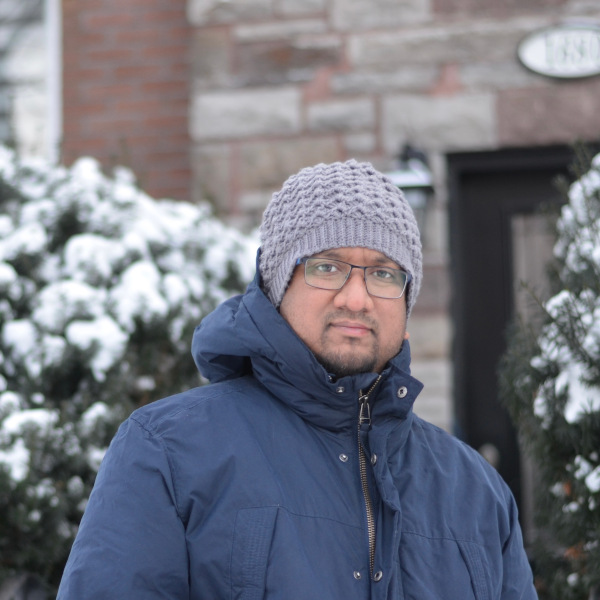
Abu Saleh Mohammad Sowad, Concordia University, Montreal
Twitter Handle: @skyless_skylark
My PhD research is on: How Diasporic Experiences Affect Masculinities in Canada. I became a member of the IMISCOE Ph.D. Academy to equip myself with the latest academic aspects of international migration's demographic and socio-economic factors, and create a network with an enriching mix of the brightest minds to form a collaborative effort to decolonize our understanding of international migration and diasporic realities from a gender perspective. It is a fantastic opportunity to share a scholarly platform with researchers from diverse backgrounds and academic standing that will enormously contribute to my progress as a researcher and create an impact in global, transnational diasporic migration scholarship.
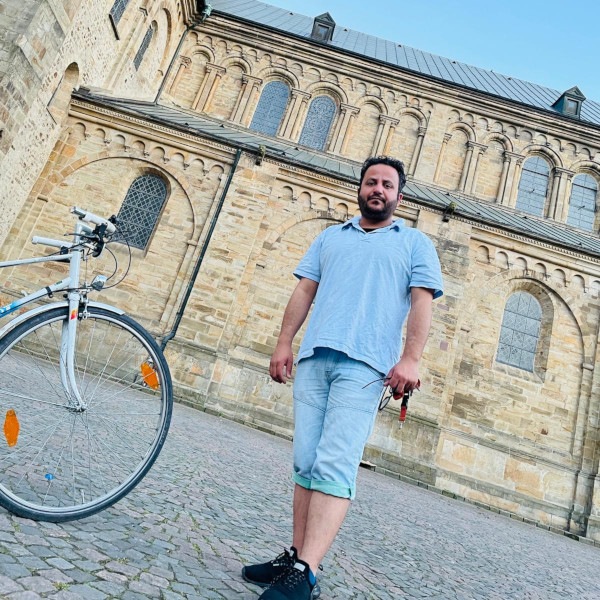
Fadi Hasan – University of Osnabruck
My PhD research is about the synthesis of structure and agency effects have on Syrian couples' marital stability, gender roles, and transnational family relationships in Germany. For me, being a member of the IMISCOE PhD Academy is an excellent opportunity not only to develop my professional and academic skills but as well to create a sustainable network with different educational institutions and scholars.
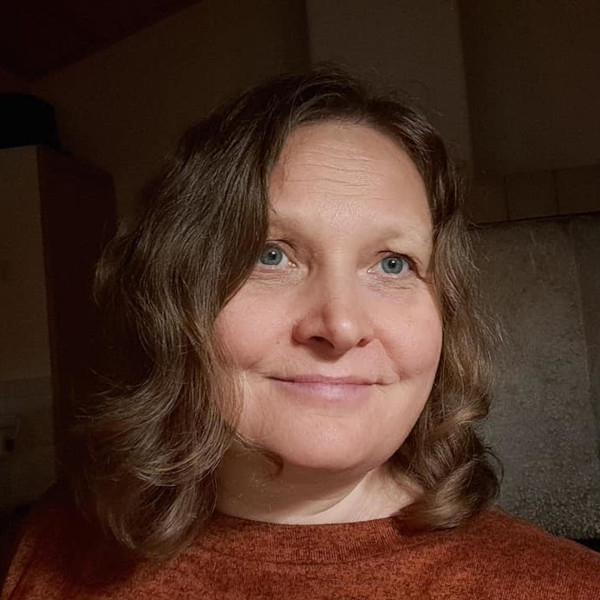
Eila Isotalus
In my PhD research I am examining the asylum reception of Finland through the practice called ”work activities”. As a learner who gets inspired with discussions and reflections, I am looking forward participating to IMISCOE PhD Academy. I believe it gives a platform both to learn from other members of the community and to share my work which both help to develop and deepen my research further.
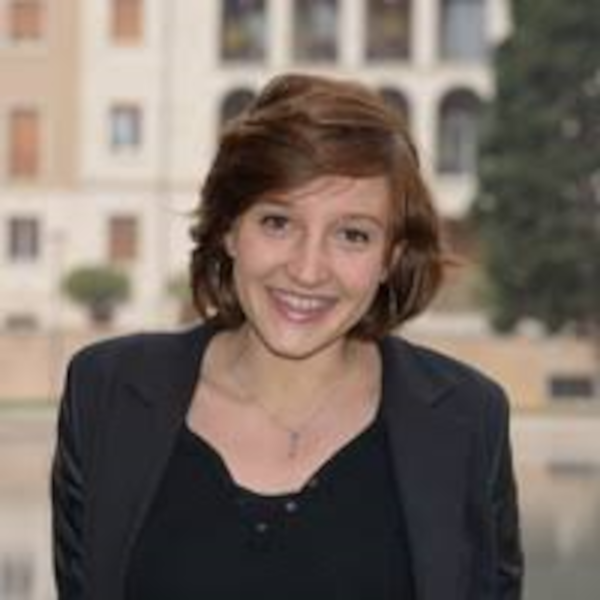
Noemi Casati, École des Hautes Études en Sciences Sociales (EHESS)
My PhD research is about everyday conversations about migration and ethno-racial diversity. Through comparative ethnographic fieldwork in France and Italy, I focus on the social norms that regulate expression on these topics, how they vary in situation, how they shape symbolic boundaries, or spark collective reflexivity. I wished to join the IMISCOE PhD Academy because it is a great opportunity to develop connections with fellow migration scholars in Europe and beyond, and further ideas collectively.
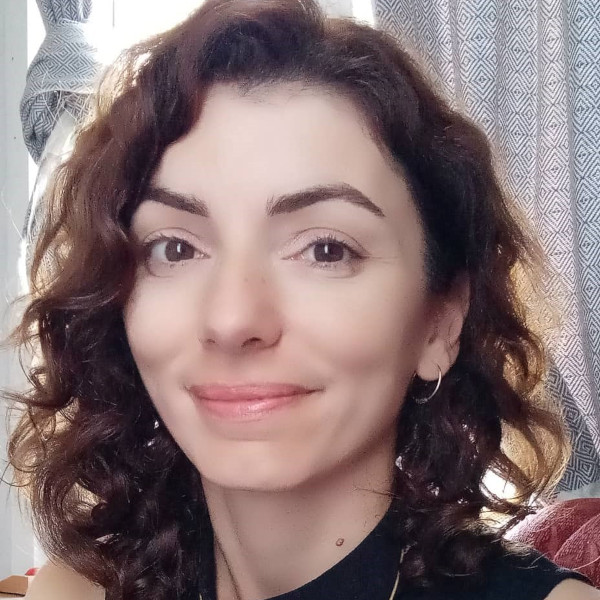
Irena Grigoryan, Koç University, MIREKOC (Migration Research Center of Koç University), Istanbul
My PhD research is a comparative sociological analysis of the transnational labor migration from a postsocialist transforming society exemplified by the cases of migration from Armenia to Turkey (Istanbul) and Russia (Moscow). I believe that the membership to the IMISCOE PhD Academy will provide me a valuable learning and networking opportunity across various migration research fields, as well as will provide tailored support to maximize my own research outputs and share my knowledge with others.
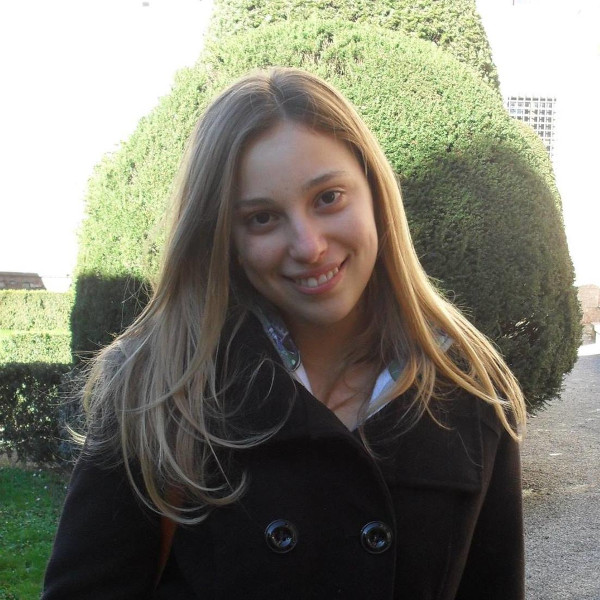
Giulia Ferranti – University of Bristol
My PhD research is about the politics and harms of migrant illegalisation. I wanted to become a member of the IMISCOE PhD Academy to access targeted migration research specific training, with a view to develop a more distinctive and specialised expertise. I was also eager to become part of a variegated group of migration scholars, because it would help me see connections across the interdisciplinary field of migration, develop a more well-rounded and comparative understanding, as well as offer me inspiring intellectual encouragement and support.
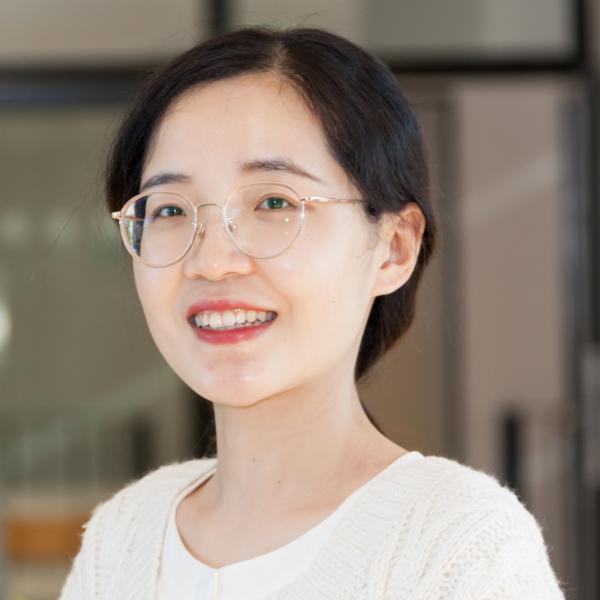
Xinyi Zhao Max Planck Institute for Demograohic Research/University of Oxford
Twitter: @XinyiZhao16
My Ph.D. research concerns applying novel data sources to study the gender disparity in academia, including in global scholarly migration. In my view, the IMISCOE PhD Academy creates a diverse and creative environment for researchers from different disciplines and backgrounds in the field of migration studies. I really enjoy the process of learning and getting inspiration from each other. Besides, joining IMISCOE PhD Academy provides me an excellent opportunity to get trained and nurtured to become a more mature researcher.
Victoria Taylor, University of Oxford, Department of Criminology, and Border Criminologies
@VEMtaylor
My PhD research explores responses to people crossing the English Channel in ‘small boats’, 2018-2023. I’m excited to become a member of the IMISCOE PhD Academy to meet other early career researchers working on different migration issues around the world, and to share ideas on how to use research to influence policy and public debates.
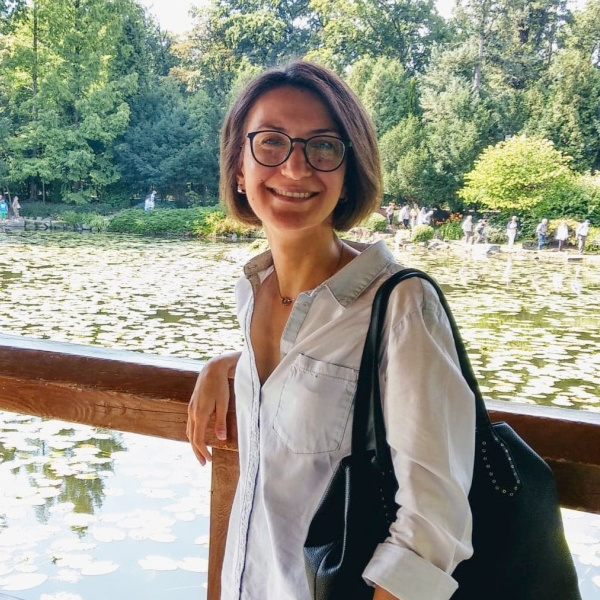
Könül Jafarova, The Institute of Sociology, University of Wrocław
@KnlJafar1
My PhD research explores occupational careers of migrants from Azerbaijan and Georgia in Poland through the lenses of the concept of meritocracy. Representation matters and I wanted to join IMISCOE PhD Academy to represent not only my home university, but also the region of the South Caucasus and bring different perspectives into interdisciplinary subject of migration. I hope to contribute to a collaborative scholarly environment, share knowledge and expertise, learn and grow in the field.
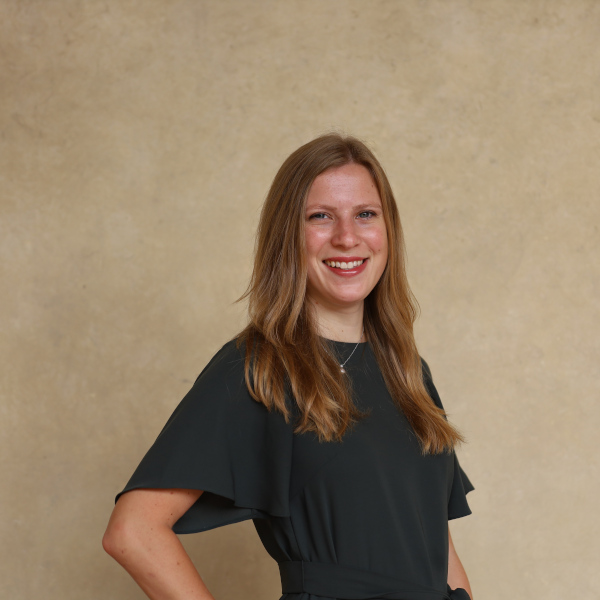
Maxine Both - European University Institute
My PhD research explores the role of migrant solidarity organizations in supporting those held in immigration detention in Canada and Italy. I wanted to become a member of the IMISCOE PhD Academy for the unique opportunity to build a community of support with fellow PhDs who are navigating similar theoretical, methodological, and ethical challenges of studying migration. I am most excited about connecting with a diverse network of students, scholars, and practitioners, in order to be better equipped to engage in the field of migration, whether academically or professionally!
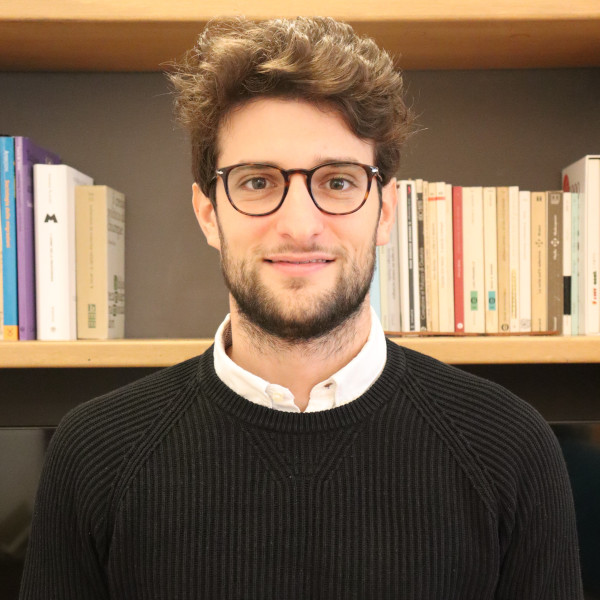
Andrea Ricci, Polytechnic of Turin, Interuniversity Department of Regional and Urban Studies and Planning (DIST)
https://twitter.com/andreapoetry
My PhD research is about the role played by transnational municipal networks in upscaling migration governance of small and medium-sized towns in Europe. I wanted to become a member of the IMISCOE PhD Academy for three main reasons: improving my research skills in an international environment, profiting from the experiences of other colleagues and scholars in the field of migration, and sharing my knowledge and work. I hope my participation in the network will provide new energy for critical debate and could represent a moment of proficuous exchange and dialogue.
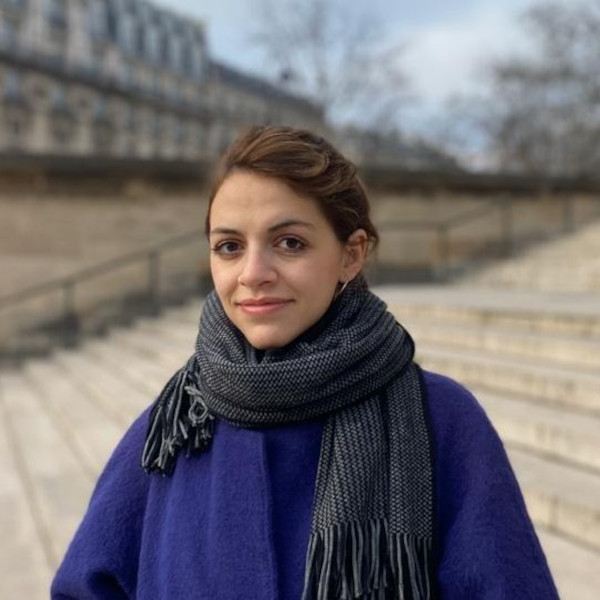
Karina Goulordava – Koç University
My PhD research is about migration and the production of urban space, focusing on Istanbul and Beirut. I wanted to become a member of the IMISCOE PhD Academy because the network offers a unique chance to connect with others researching migration and become better informed on migration research and debate across disciplines. Additionally, interaction with other PhD students offers not only practical and theoretical sharing of information but also less tangible support regarding motivation and mutual understanding.
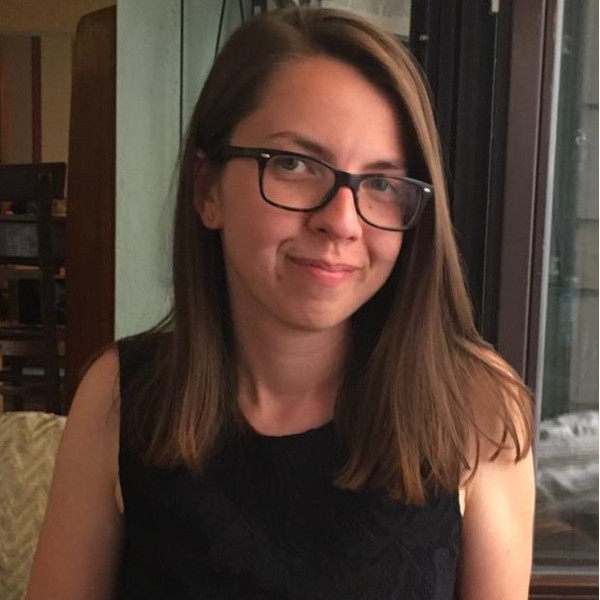
Milena Błahuta, University of Warsaw, Faculty of Sociology
Twitter: @blahuta_milena
My PhD research focuses on young, high skilled migrants from Poland in other countries of Central Eastern Europe. By joining the IMISCOE PhD Academy I am hoping to find a new space to discuss and learn about different perspectives in migration research. I am very much looking forward to meeting both young researchers and experienced scholars and exchanging our experiences, doubts and ideas within the network.
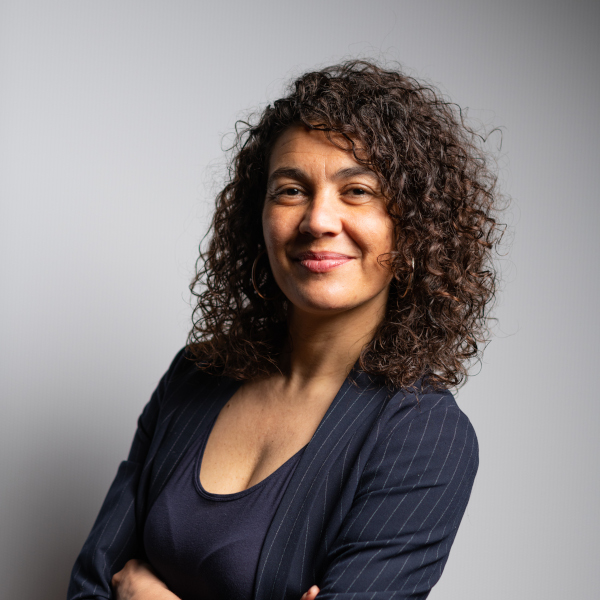
Irene Gutiérrez Torres, Institutional affiliation Vrije Universiteit Brussel (VUB) & University Carlos III of Madrid (UC3M)
@border_diaries
My films and PhD research address themes of im/mobility, migration, and self-representation through participatory filmmaking as a methodology. I wanted to join the IMISCOE PhD Academy to share awareness, experiences and concerns related to the field, especially when working with undocumented migrants.”

Bobbie Blair, University of Nottingham
My PhD research is exploring smuggling, trafficking and migration to the UK and the role of policy in vulnerability to forced labour for those making the journey. The research aims to explore the risk of modern slavery for those attempting to cross the border to the UK and the role of UK border policy in increasing vulnerability. The research aims to place those migrating to the UK at the centre of the research, gaining insight into their perceptions of risk of being trafficked along the journey. Membership of IMISCOE is important to me because I think collaboration and discussion with other scholars of migration is important as a researcher, additionally I wanted the opportunity to network with experts in the field and have the opportunity to share my research.
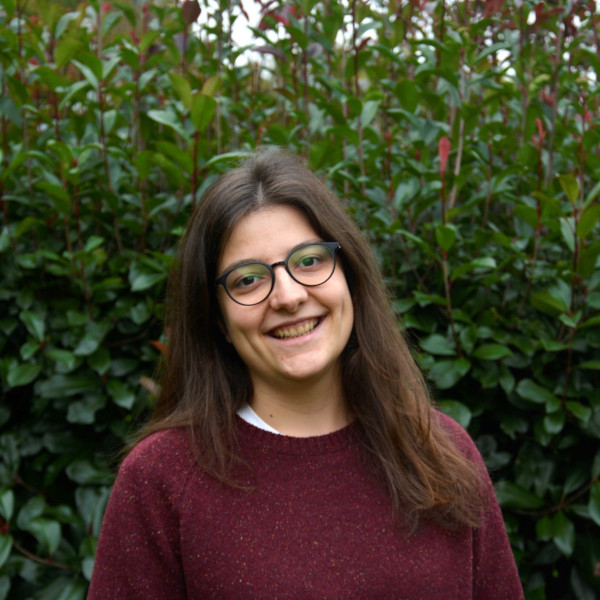
Sandra López-Pereiro - Universidade da Coruña, Faculty of Sociology
@sandralpereiro
My PhD research is about recent migration from Spain to other European countries, analysing the role that precarity, life-work balance and the search for welfare play in this movements. I wanted to become a member of the IMISCOE PhD Academy because I believe that connecting to other researchers is a source of both personal and academic enrichment. I expect that this network is a powerful tool for exchanging knowledge and learning from colleagues with similar interests but different backgrounds.
